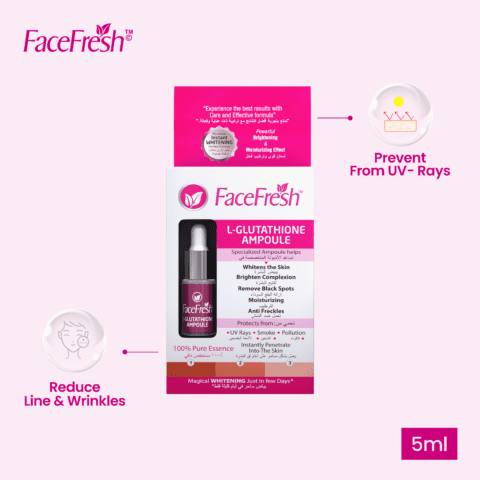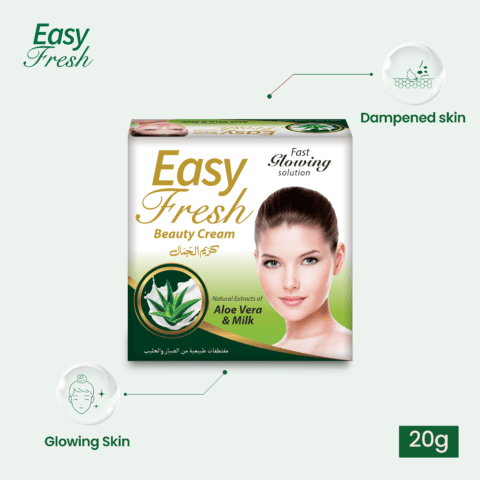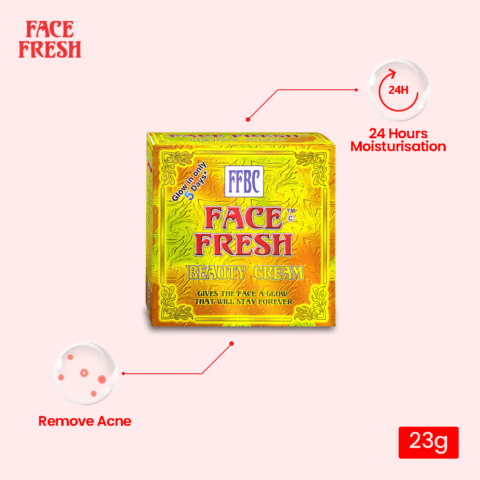Seasonal changes can have a significant impact on our skin. From the dryness of winter to the humidity of summer, each season brings its own challenges. If you want to maintain healthy and radiant skin all year round, it’s essential to adapt your skincare routine to the changing seasons. In this article, we will explore the best strategies to deal with seasonal changes and keep your skin glowing and protected.
1. Introduction
As the seasons change, so do the environmental factors that affect our skin. Temperature variations, humidity levels, and exposure to sunlight can all have profound effects on the health and appearance of our skin. By understanding these changes and adjusting our skincare routines accordingly, we can effectively address the specific needs of our skin throughout the year.
2. Understanding Seasonal Changes of the Skin
Our skin reacts differently to each season. In winter, the cold and dry air can lead to moisture loss and dryness. Spring brings a transition period, where our skin adjusts to the changing weather. Summer exposes our skin to increased UV radiation and higher humidity levels, while fall introduces cooler temperatures and fluctuating humidity. Understanding these seasonal changes allows us to proactively care for our skin.
3. Effects of Seasonal Changes on the Skin
Each season presents unique challenges for our skin. Winter often leads to dryness, flakiness, and dullness. Spring can bring about sensitivity and imbalances as the skin adapts to new weather conditions. Summer exposes the skin to harmful UV rays, leading to sun damage, dehydration, and breakouts. Fall can trigger dryness and sensitivity due to cooler temperatures and indoor heating. Being aware of these effects helps us take targeted measures to counteract them.
4. Adapting Your Skincare Routine for Each Season
To effectively deal with seasonal changes, it’s crucial to adapt your skincare routine accordingly. Here are some tips for each season:
Winter Skincare Tips
During winter, focus on hydration and protection. Switch to a richer moisturizer to combat dryness and apply it immediately after cleansing to lock in moisture. Use a gentle cleanser that doesn’t strip the skin’s natural oils. Additionally, exfoliate regularly to remove dead skin cells and enhance product absorption.
Spring Skincare Tips
In spring, your skin may need gentle exfoliation to remove built-up dead skin cells from winter. Introduce lightweight, hydrating products that help balance the skin. Consider incorporating antioxidant-rich serums and lighter moisturizers to prepare your skin for the upcoming warmer months.
Summer Skincare Tips
In summer, prioritize sun protection. Use a broad-spectrum sunscreen with a high SPF and reapply it every two hours. Opt for lightweight, non-comedogenic products to prevent clogged pores. Hydrate your skin with oil-free moisturizers and drink plenty of water to stay hydrated from within.
Fall Skincare Tips
As the weather cools down, focus on repairing and nourishing the skin. Switch to a heavier moisturizer to combat dryness and use gentle cleansers that don’t strip the skin. Consider incorporating facial oils and hydrating masks to provide an extra layer of moisture.
9. The Role of Diet and Hydration
Maintaining a healthy diet and proper hydration are crucial for healthy skin, regardless of the season. Incorporate foods rich in antioxidants, vitamins, and minerals into your diet. Additionally, drink plenty of water throughout the day to keep your skin hydrated from within.
10. Protecting Your Skin from Environmental Factors
Besides adapting your skincare routine, it’s essential to protect your skin from environmental factors that can worsen seasonal changes. Wear protective clothing, such as hats and sunglasses, to shield your skin from harmful UV rays. Use humidifiers to combat dry air in heated indoor environments. Avoid hot showers, as they can strip the skin of its natural oils.
11. Conclusion
Dealing with seasonal changes of the skin requires a proactive approach. By understanding the effects of each season, adapting your skincare routine, and protecting your skin from environmental factors, you can maintain healthy and radiant skin throughout the year. Embrace the uniqueness of each season and adjust your skincare practices accordingly to achieve optimal skin health.





Leave a comment
Your email address will not be published. Required fields are marked *